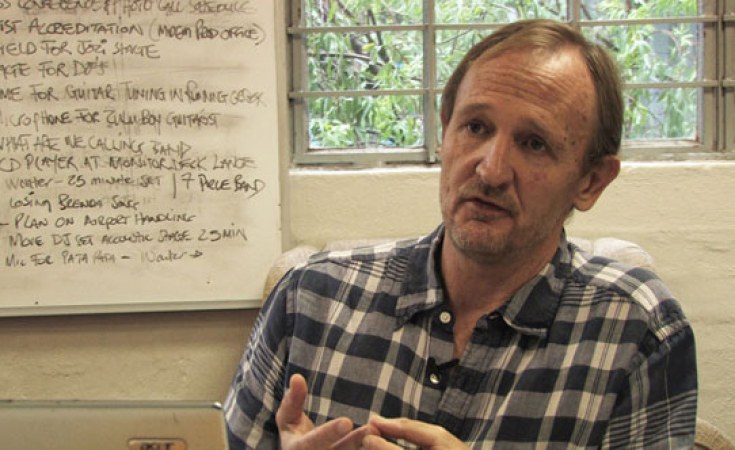Atlanta — When I learned that my friend Paul Brickhill had died I thought of so much of the promise of Zimbabwe that died with him.
Paul and I met in the mid eighties when Zimbabwe's optimism was already beginning to wane. I was researching my book African Development Reconsidered, and Paul and his wife Pat owned Grassroots Books across the street from my hotel, the Meikles. Despite our twenty year age difference Paul and I hit it off right away, and I suspect that our life experiences had something to do with this bonding.
We both grew up in severely racially stratified parts of the earth's South: he in Ian Smith's Southern Rhodesia, me in the region of segregation now and forever, Griffin, Georgia. When Paul was two years old we started the sit-ins in Atlanta. Yet when he was twenty, he was already one of just a hand full of whites in Rhodesia to take up arms against against Ian Smith in Zimbabwe's liberation movement. He and members of his family were targets of Smith's and South Africa's clandestine forces.
By the time we met, I had - as a member of Secretary of State Cyrus Vance's Policy Planning staff - had a direct hand in the negotiations leading to Zimbabwe's independence in 1980. From my involvement in these negotiations, i was well briefed on the caste of players vying for power.
That preparation notwithstanding, It was Paul who introduced me to a broad cross-section of Zimbabweans. His introductory calls to Nkomo. Garfield Todd and his daughter Judith, as well as a panoply of his former comrades and ex combatants provided me with priceless insights into Zimbabwe society.
You wouldn't have known, from his slight build and soft voice, that Paul was a fearless and courageous fighter, yet he was just that. There aren't many people like him in the world. We had some, a few, in Georgia - people who just thought that privilege and power should not be used to subjugate others. Paul was one of those for whom there was not a prejudiced bone in his body. He came to visit me in New York and Griffin and Atlanta over the years, and on one visit he and I drove from Griffin to New York just so that he could get a feel for the place. We spent hours walking the streets of Harlem so that he could soak up the music and culture. We must have bought up every jazz CD on the streets.
Being a southern African-American, it's hard for me to call someone color-blind. Yet if there is such a person it was Paul. He was deeply hurt by the way Mugabe governed Zimbabwe. Yet, true to his courageous nature, he did not silently accept the status quo. His untimely death is a great loss for the country and the region, indeed for the world. Paul was a kind and gentle spirit.
The world is deeply indebted to Paul for his courageous championing of our human rights and dignity.


